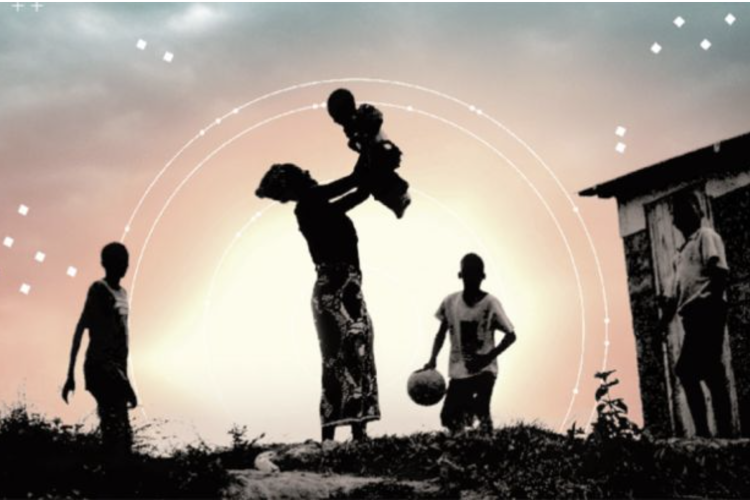This toolkit — prepared by members of the U.S. Centers for Disease Control and Prevention in Nigeria and Atlanta, the University of Nigeria, the Healthy Sunrise Foundation, and the National AIDS and STI Control Program of Nigeria — provides implementers with the background, procedures, and resources/tools to support the implementation of Baby Showers in Congregational Settings. In PEPFAR programmes, countries are moving toward elimination of mother-to-child transmission of HIV (EMTCT). One gap in achieving EMTCT is reaching women and their infants who do not come to the facility for care. The Baby Showers approach in Nigeria is one way of reaching women and their families in the community through faith-based congregations, with a strong evidence base to support its positive impact.
Baby Showers are celebratory gatherings for pregnant women and their partners with routine celebrations marked by prayers for the safe delivery of babies and to support parents-to-be as they prepare for their new arrival. Health screening, including HIV testing for pregnant women and their partners, is offered during the celebration that brings women, their partners, and their newborns together in a congregation. Other countries have expressed interest in learning from Nigeria’s experience. This resource has been adapted for implementation in additional settings and contexts and includes six accompanying tools in the appendix to aid in data collection and documentation.
